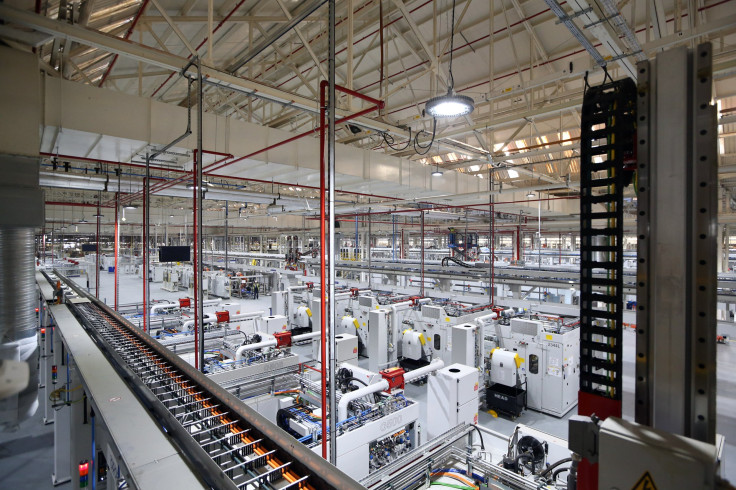Eurozone Economic Activity Slows, Composite PMI Weaker Than Expected

Economic activity in the eurozone slowed for the second straight month in February, as modest recovery in the 19-nation bloc lost momentum and stubbornly low oil prices weakened the outlook for inflation.
The Composite Purchasing Managers’ Index (PMI) — a monthly gauge of economic activity compiled by Markit Economics — fell to its lowest level in 13 months in February, to 52.7 from 53.6 in the previous month.
The manufacturing PMI in February stood at a 12-month low of 51.0 in February — down from 52.3 in January — while the PMI for the services sector dropped to a 13-month low of 53.0 from January’s 53.6. A reading above 50 indicates an increase in activity, while a reading below that level indicates a decline.
“Not only did the survey indicate the weakest pace of economic growth for just over a year, but deflationary forces intensified. Economic growth is likely to slow below 0.3 percent in the first quarter unless we see a sudden uplift in March, which on the basis of the forward-looking components of the PMI seems unlikely,” Chris Williamson, chief economist at Markit, said in a statement. “In fact, growth looks more likely to slow further than accelerate.”
The surveys also indicated that activity in France — the eurozone’s second-largest economy —declined in February for the first time since January 2015, with the PMI for both manufacturing and services sectors slipping below the 50 mark. Germany, meanwhile, saw activity increase at the slowest pace in seven months.
“France is flat-lining and German growth is being held back by weak global demand hitting its manufacturers. Elsewhere across the region, growth slowed to the weakest since the start of last year as companies struggle in the face of waning demand both at home and abroad,” Williamson said, in the statement.
The PMI data, coupled with a weak outlook for inflation, is expected to further pressure European Central Bank policymakers to boost growth and shock inflation back to the 2 percent target — a yet-to-be-achieved goal that the ECB has undershot for almost three years now.
Speaking to reporters Friday, ECB Vice President Vitor Constâncio reportedly said that while no decisions have yet been made, a lack of confidence in achieving the central bank’s inflationary target could result in fresh stimulus being announced in March.
"[However], we are not pre-committed to anything. We are not trying to build up expectation,” he said.
© Copyright IBTimes 2024. All rights reserved.






















